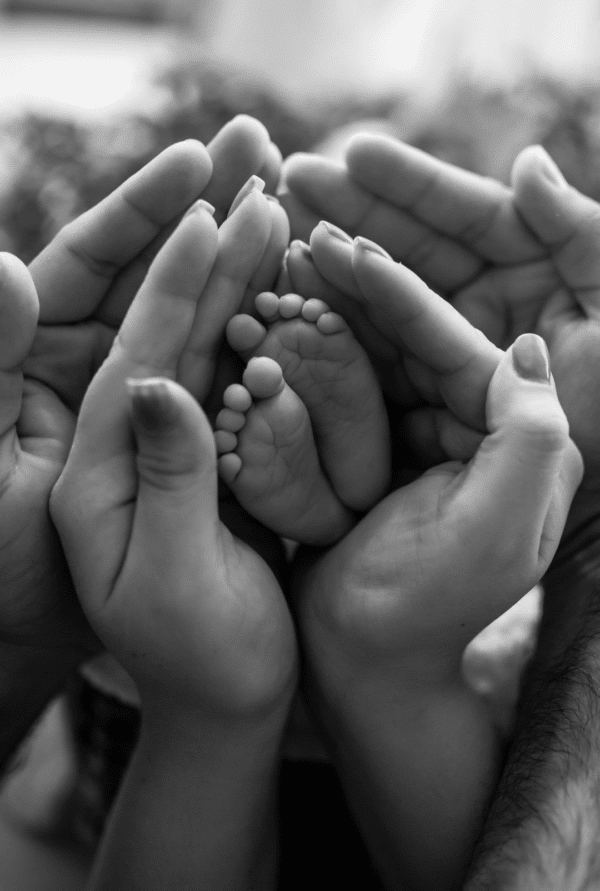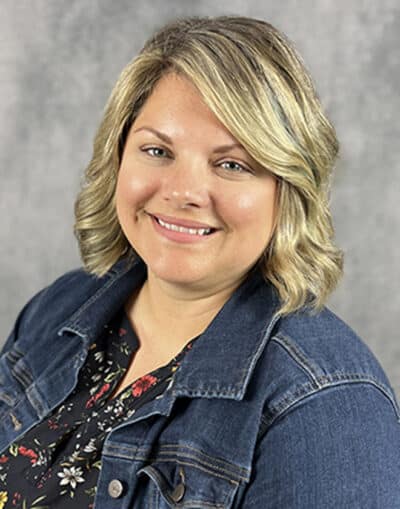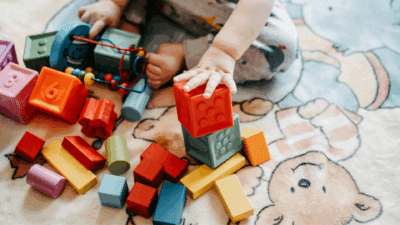
Helping Children and Their Caregivers
We all grow within our relationships, and for children, these relationships are the foundation of their development. As adults, we play an important role in recognizing, interpreting, and responding to a child’s emotions and behaviors in ways that support and nurture their growth.
Caregivers, in particular, are vital partners in a child’s therapeutic journey. Their active involvement can significantly strengthen the caregiver-child bond, which is central to promoting healthy development across emotional, social, and cognitive domains. By working together, we can create a supportive environment that empowers both the child and the caregiver to grow and thrive.
“There is a baby and someone. Not just a baby.” – Carol Siegel
Where Relationships Come First
Our staff utilize the DC:0–5™ Diagnostic Classification system for assessing mental health and developmental concerns in infants and young children. The assessment process includes up to three sessions: a caregiver interview, a caregiver-child session, and coordination with additional providers connected to the family. At the conclusion of the assessment, individualized recommendations and referrals are provided to support the child’s ongoing development and well-being.
When to Consider Support for Your Child
Caregivers may consider seeking support when they begin to notice any of the following concerns related to their child:
- Separation distress
- Frequent fearfulness or excessive worry
- Developmental concerns, including delays in cognitive, communication, or adaptive skills
- Difficulties relating to peers or challenges with successful social interactions
- Oversensitivity to sensory input, such as lights, sounds, or textures
- Challenges with executive functioning skills, including:
- Trouble adjusting to changes in routine or plans
- Difficulty focusing or maintaining attention
- Struggles with impulse control
- Difficulty following multi-step directions
- Abrupt or repeated exposure to stressful life events
- Disruptions or changes in the caregiving relationship and environment
Early support can make a meaningful difference in a child’s development and well-being. If you notice any of these concerns, we’re here to help.

Mental Health Providers
Infant & Early Childhood Mental Health Services
Our staff provides specialized therapeutic services to children from birth to 6 and their caregivers. Robyn is certified in evidenced-based interventions including Parent-Child Interaction Therapy (PCIT) and rostered in Child-Parent Psychotherapy (CPP). She is an endorsed Infant Mental Health Specialist III with Minnesota Association Children’s Mental Health (MACMH). Her approach to IECMH services is relationally focused and developmentally informed to provide the highest quality mental health care for children and their caregivers.
Call for an appointment at 507.642.5200.
“I am deeply passionate about supporting the social and emotional development of children and fostering the bond they have with their caregivers. I enjoy collaborating with professionals who work with children, teens, and adults through consultation and supervision, as well. I value the opportunity to work collaboratively with each client and family, and I am committed to making a lasting, positive impact in the mental health field for years to come.” – Robyn Schumacher
Community Resources
Many local, state and national organizations provide support for children and their caregivers seeking assistance with Mental Health issues. Click here to view a list of area mental health services. If you are experiencing a mental health emergency, please call 911 or present at your nearest emergency room.
Head Start is a preschool program designed to prepare children and families to be successful in school and life. Click here to view a list of locations.
Help Me Grow provides resources for families to understand developmental milestones and learn if there are concerns. This helps families take the lead in seeking additional support or referring their child for comprehensive, confidential screening or evaluation at no cost. Click here to learn more.
Zero to Three’s mission is to ensure that all babies and toddlers have a strong start to live. They envision a society that has the knowledge and will to support all infants and toddlers in reaching their full potential. Click here to learn more.
Child-Parent Psychotherapy helps young children and families recover and heal after stressful and traumatic events. Click here to learn more.



